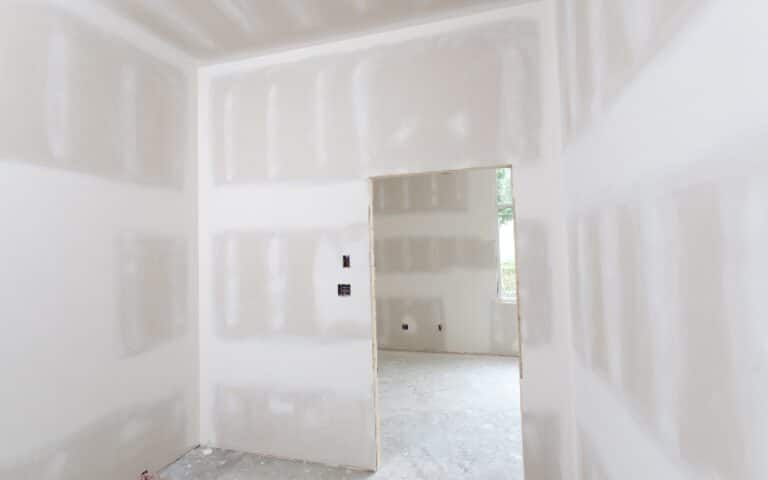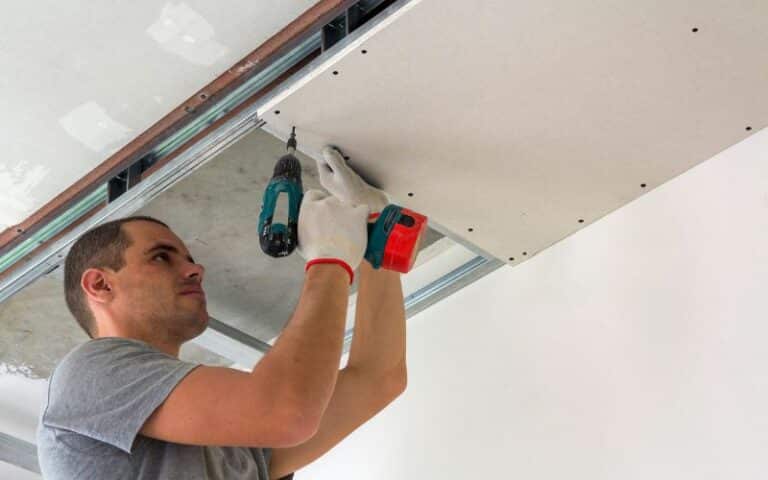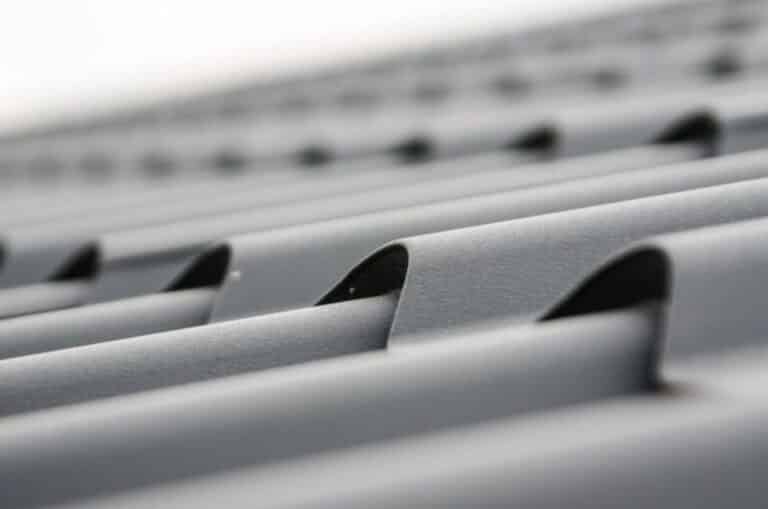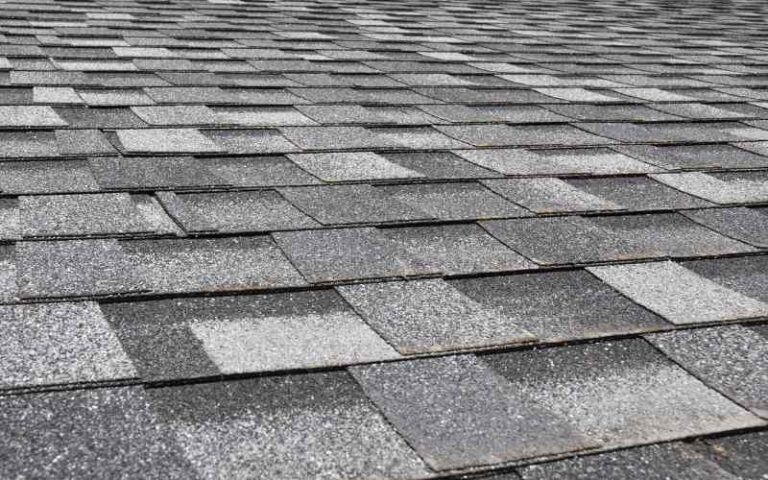When it comes to renovating or building a garage, choosing suitable materials is appropriate to ensure durability and functionality.
One of the critical choices you will have to make is the best drywall thickness knowing that the thickness of a drywall determines the wall’s strength, among other features.
While there are different drywall thickness options, the most common choices are 1/2 and 5/8 inches, respectively.
Both 1/2 and 5/8 drywall have their advantages. However, there are certain factors you should consider in making the perfect choice. Some of these factors include insulation levels, potential weight-bearing needs, and in some cases, building codes. The thickness of drywall plays a role in impact, sound, and fire resistance.
This article will explore the factors you should consider when deciding between 1/2” or 5/8” drywall for your garage. We will consider characteristics, advantages, and disadvantages to ensure you make the right choice in your renovation or building.
Ready for a Drywall Quiz?
What Size of Drywall Is Better For Garage: 1/2 Or 5/8?
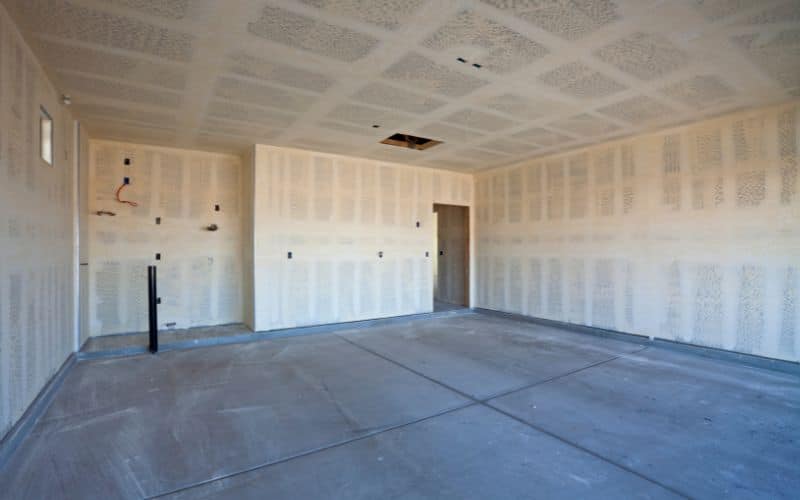
According to International Code Council, the 2018 International Building Code states that any drywall used in living spaces and garages should be at least 1/2” thick.
This allowance comfortably accommodates both the 1/2-inch and 5/8-inch drywalls.
Therefore, considering this bracket, you must focus on each drywall thickness’s advantages and disadvantages and align them with your desires.
#1. Advantages of 1/2″ Drywall
Here are the advantages of 1/2″ Drywall:
#1. Cost Effective
Compared to thicker options like the 5/8, this drywall is highly affordable, making it a budget-friendly choice for garage projects.
#2. Lightweight
1/2-inch drywall is lighter and, therefore, easier to transport, maneuver, and install, especially if you are working alone or with minimal assistance.
Asides from the advantage the lightweight has for you, it also has structural benefits. Its lightweight reduces strain on the garage’s structural components and frame.
This is vital, especially if you are renovating and know the existing frame cannot bear heavier loads.
#3. Functional in Residential Garages
This drywall is adequate for a residential garage or workshop. Its durability and impact resistance helps to protect the walls from minor bumps and dents.
It also provides good soundproofing and fire resistance.
#2. Disadvantages of 1/2″ Drywall
Here are the disadvantages of 1/2″ Drywall:
#1. Reduced Strength
Even though this drywall has good strength and impact resistance, it does not compare to thicker variants like the 5/8-inches drywall.
Therefore, if you know your garage is for more heavyweight activities, it is best to consider the 5/8 inches. Doing this will reduce the risk of impact and damage.
#2. Limited Insulation Properties
The thinner the drywall, the less insulation it can offer and the better the thermal performance.
For this reason, if you live in a region with extreme temperatures or desire better energy efficiency in your garage, you must consider thicker drywall options.
Below is a tabular summary of the advantages and disadvantages of the 1/2-inch drywall.
| Advantages | Disadvantages |
|---|---|
| It is cost-effective. | It has reduced strength and impact resistance. |
| It is lightweight and functional. | It has limited insulation and thermal performance. |
Having looked at the advantages and disadvantages of the 1/2-inch drywall, let us now look at those for the 5/8-inch drywall.
#3. Advantages of the 5/8” Drywall
Here are the advantages of 5/8″ Drywall:
#1. Enhanced Durability and Impact Resistance
The 5/8-inch drywall is thicker and sturdier, so it is more resistant to heavyweight impact.
This factor makes it ideal for garages that will experience heavy traffic and machinery, and rough practices.
Increased impact resistance boosts its durability, reducing the need for frequent repairs and touchups.
#2. Better Fire Resistance and Soundproofing
The increased thickness of this drywall helps to increase fire resistance and soundproofing.
This means the drywall can contain fires longer, giving time for evacuation and minimizing fire damage in the event of an outbreak.
#4. Disadvantages of 5/8” Drywall
Here are the disadvantages of 5/8″ Drywall:
#1. High Cost
This drywall is more expensive than its thinner counterparts. This price difference is because of the thickness and other materials used in manufacturing.
Therefore, if you are working on a budget and you can do without adding fire resistance and soundproofing, go with the thinner 1/2-inch variant.
#2. Heavyweight
The weight of the 5/8” drywall makes it heavier and more challenging to manage and handle, especially during installation.
You may require additional assistance or specialized tools to work with this drywall.
Below is a tabular summary of the advantages and disadvantages of the 5/8-inch drywall.
| Advantages | Disadvantages |
|---|---|
| It has enhanced durability and impact resistance. | It can be expensive. |
| It has better fire resistance and soundproofing. | It is heavyweight. |
Can You Use 1/2 Drywall For the Garage Ceiling?
You can use the 1/2-inch drywall for a garage ceiling. The half-inch drywall is ideal for interior walls and ceilings in residential areas.
This thickness makes it easy to support other structures and install them.
When using this drywall for a garage ceiling, you should consider the spacing of ceiling joists.
The drywall must be appropriately secured to the ceiling frame to guarantee a sturdy installation.
Additionally, if you intend to use the garage for more heavyweight activities, it is best to consider including insulation materials.
Alternatively, you can choose a thicker variant, like the 5/8-inch drywall.
Generally, the best practice is to consult with professionals and local building codes to know the best drywall thickness and type for your project.
What Type Of Drywall Should I Use For My Garage?
You can use four different types of drywalls for your garage. Selecting the type of drywall depends on what you want from your project.
#1. Regular Drywall
This drywall, or standard or lightweight drywall, is the most common type used in residential projects like garages.
This drywall is suitable for projects where fire resistance and soundproofing are not essential criteria.
Regular drywall comes in different thicknesses. However, the half-inch drywall is the most common choice for garage walls and ceilings.
#2. Moisture-Resistant Drywall
If your garage is exposed to high humidity levels or has a risk of leaks, moisture-resistant drywalls would be your best bet.
This drywall is suitable for regions with heavy rainfall or where vehicles bring in a lot of moisture. It is commonly used in bathrooms and other damp areas.
Moisture-resistant drywall is also known as green board or blue board.
#3. Fire-Resistant Drywall
If your garage is attached to your home or fire safety is a concern, fire-resistant drywall is advisable.
Fire-resistant or Type X drywall has additives that enhance its fire-resistance properties.
This drywall provides extended fire protection and helps slow the spread of flames in the event of a fire.
Fire-resistant drywall is essential for garages with living spaces above them or if the garage shares a wall with the house.
#4. Impact-Resistant Drywall
Suppose you carry out heavy-duty activities in your garage or anticipate high-risk impacts from equipment or sports activities. In that case, the impact-resistant drywall is the best option.
The main benefit of impact-resistant drywalls is that it is resistant to dents and damage.
The strength of this drywall comes from fiberglass and other materials introduced to aid strength and durability.
Overall, in deciding the best drywall for your project, it is best to consider the location and needs of your garage.
It would be best to consider factors like moisture exposure, fire safety requirements, anticipated impacts, building codes, and regulations.
Alternatively, you can discuss with a professional contractor, as they can provide expert insights on what would work best for your project.

